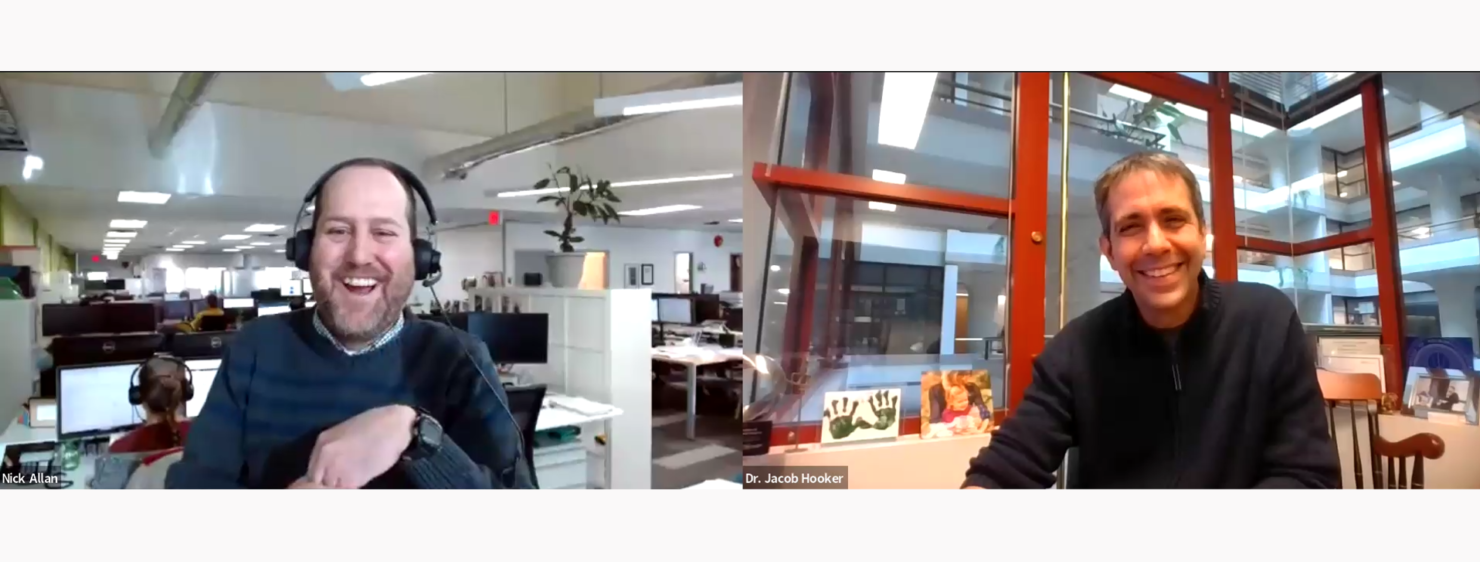Advancements in neuroscience are reshaping our understanding of the human brain, but significant challenges remain in translating scientific breakthroughs into effective treatments. From overcoming the blood-brain barrier to developing more precise drug delivery methods, researchers and engineers are working to bridge the gap between discovery and patient impact.
In the webinar “Grand Challenges in Neuroscience” from January 21, 2025, Dr. Jacob Hooker, Lurie Family Professor of Radiology and Scientific Director at the Lurie Center for Autism at Massachusetts General Hospital, joins Nick Allan, Bio Services Manager at StarFish Medical, to discuss some of the biggest hurdles in neuroscience today. The conversation explores the complex interplay between chemistry, biology, and medical device engineering, offering insights into the latest innovations in neurotherapeutics, molecular imaging, and non-invasive drug delivery technologies.
Dr. Hooker shares his expertise in using positron emission tomography (PET) and functional MRI to study the molecular mechanisms of brain function and disease. He discusses how cutting-edge imaging techniques are unlocking new ways to diagnose and treat neurological disorders, neurodegenerative diseases, and psychiatric conditions. These tools address some grand challenges in modern neuroscience research.
A major focus of the discussion is the blood-brain barrier, a protective mechanism that makes it difficult to deliver therapeutics directly to the brain. The speakers examine novel strategies to bypass this challenge, including focused ultrasound, molecular engineering, and olfactory-based drug delivery systems. They also explore how medical device innovation plays a crucial role in advancing cell and gene therapy delivery, ensuring safety and efficacy while minimizing risk.
Beyond drug delivery, the webinar covers the growing role of wearables and real-time monitoring technologies in neuroscience. The potential for home-administered or regionally accessible treatments is expanding, with new engineering solutions making these approaches more feasible. Addressing these grand challenges in neuroscience is revolutionizing treatment accessibility.
The discussion also touches on the future of mental health treatments, emerging research in ALS and neurodegenerative disease, and the role of molecular glues and genetic therapies in addressing complex neurological conditions.
Whether you’re involved in medical device development, neuroscience research, or healthcare innovation, this webinar provides invaluable insights into the evolving landscape of brain health technologies.
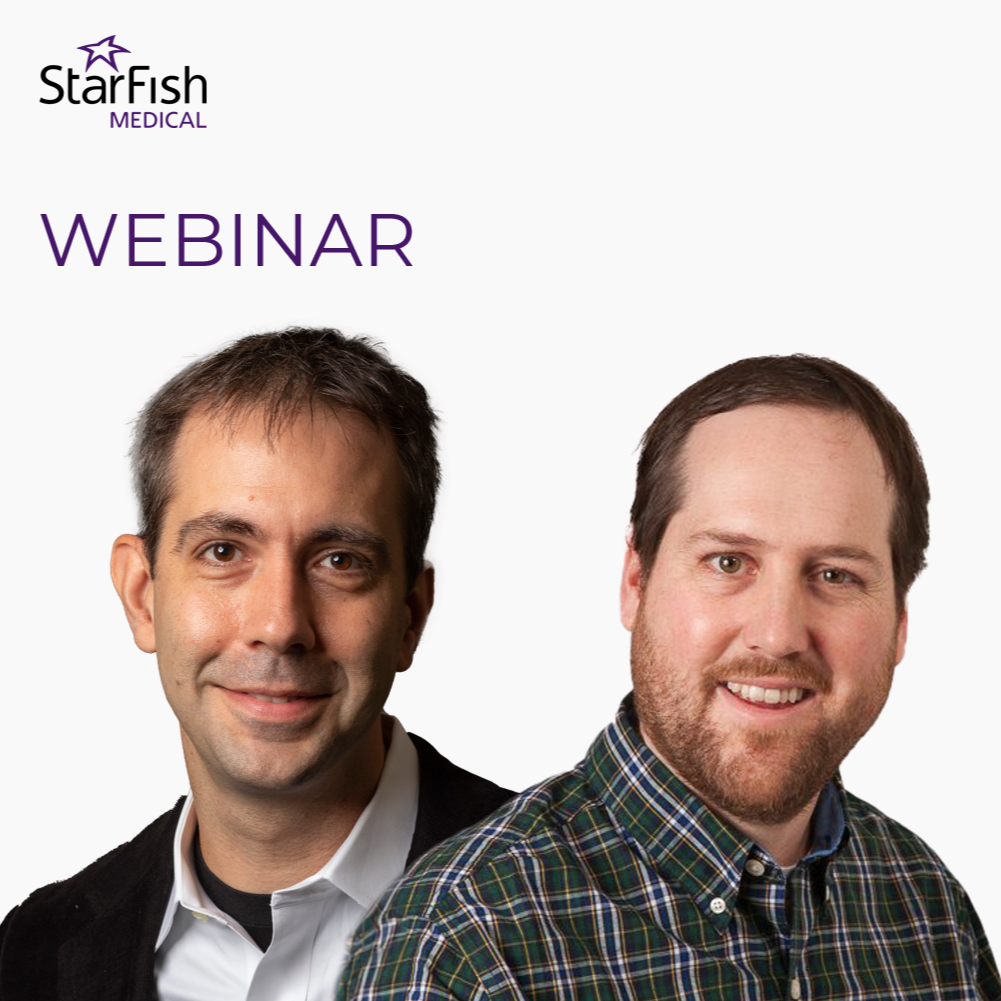
Grand Challenges in Neuroscience
Solving mysteries of the human brain with drug delivery
Related Resources
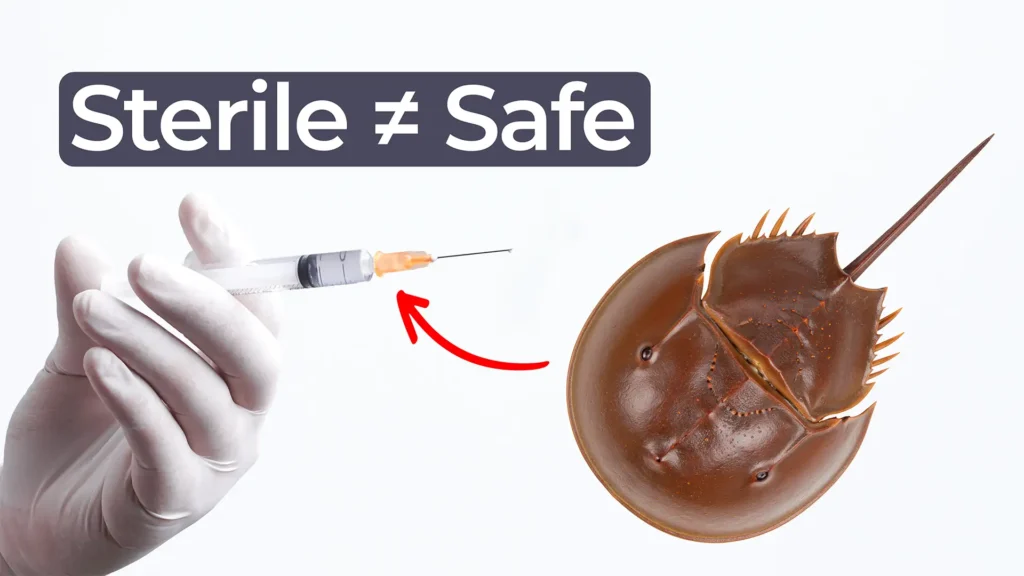
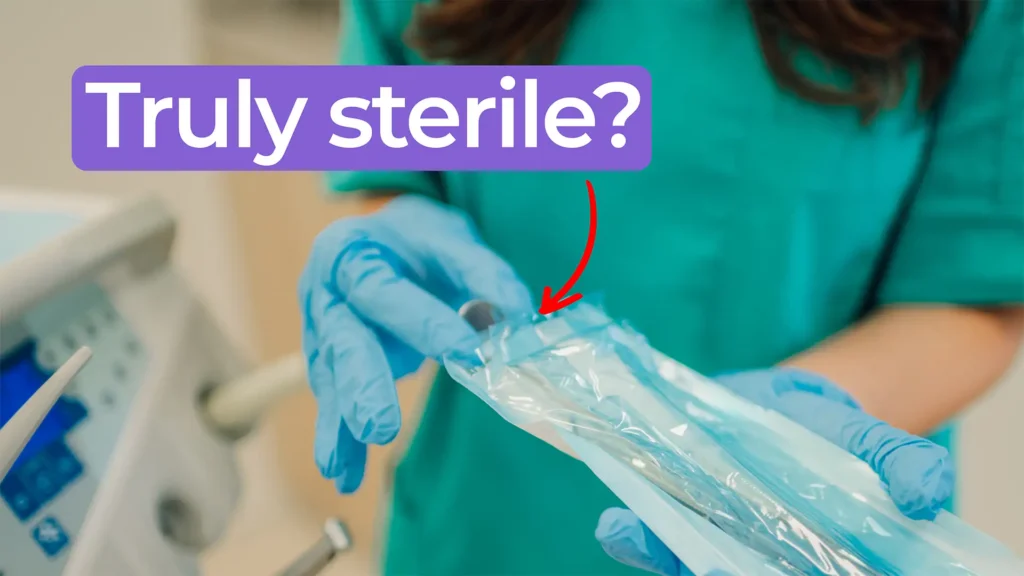
Nick and Nigel walk through how sterile disposables are processed and verified before they reach the field.
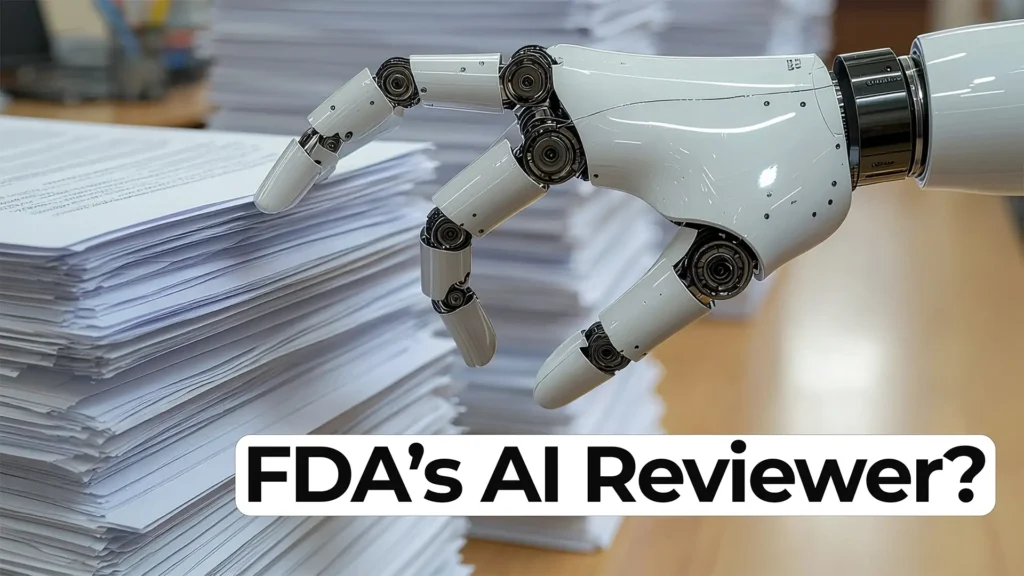
The FDA agentic AI is making headlines after the agency announced its own internal AI review tool. In this episode of MedDevice by Design, Ariana and Mark discuss what this could mean for medical device submissions and regulatory efficiency.

The sandwich ELISA assay is one of the most common ELISA formats used in diagnostics. Nick and Nigel walk through the method step by step using simple visuals and plain language.
